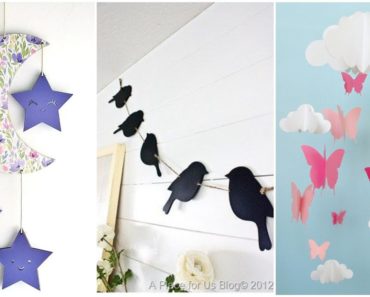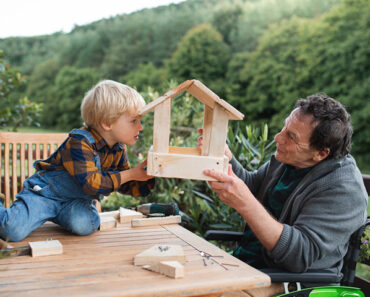Parenting a preschooler who cries easily and often can be exhausting. Here’s what you can do.
I was lucky it was only my third, of four, who resorted to quick tears to express her emotions—by then I had a lot of tips and tricks and a thick skin. But knowing why it happens and how to regulate it can make a difference when helping your child navigate their big feelings.
Why do some kids cry more than others?
Myla Leinweber, certified parent educator and mom of two who lives and works on the unceded territory of the Sinixt Peoples in the Kootenay region of BC, says there are factors specific to this age group, including temperament, development and coping/self-regulation strategies, that can affect a child’s tendency to cry. “On top of the skills they’re learning to use, some kids come into the world with their feelings right at the surface,” says Leinweber. “It’s really important to remember that it doesn’t make them a bad kid or us bad parents.”
Sarah Mason, a mom of four from Oakville, Ont., experienced this with her youngest, while trying to find the right strategy for managing frequent outbursts and tears during transitions or when they set boundaries. “You feel like you need to do something in the moment to control the behaviour and stop it immediately, because there’s an idea that you’re letting them get away with it. But it wasn’t working for us.”
Leinweber reminds parents that many preschoolers lack the language to describe what they are feeling, while others are still working on social norms and understanding how their behaviour impacts others. And, just like grown-ups, preschoolers have what Leinweber refers to as “need boxes” that have to be filled (like sleep and love). “When kids this age want one of those needs to be met, they ask in ‘up or down ways,’ as I call it. Crying can be one of those ‘down’ ways.”
Teach kids to empower themselves
The best time to work on teaching kids to choose those “up” ways is before the big feelings happen. Play-based scenarios are a great way for kids and parents to co-discover a child’s needs. Mini figures have been a really effective tool for Leinweber’s youngest. “I made one of the figures fall down and burst into really big tears,” recalls Leinweber. “When I asked her whether she thought the figure was hurt or needed a hug, my daughter said hug. That gave me a good idea about how she might need me to respond in that situation.” Role-play can normalize feelings and also helps your child learn how to name them.
Practise coping skills
To master their coping skills at this age, kids often need a co-regulator to mirror, explains Leinweber. That’s the approach Mason takes with her daughter when the tears first appear. “I take a really deep breath and sit down. She immediately takes her own big breath and sits down beside me. The tears are over much more quickly and we finish with a hug and a reminder that she is loved.”
Other helpful strategies include bypassing language by holding up two hands and asking your child to high-five the hand that fits their need—for example, do they need a hug or do they need to jump up and down 10 times? You can also tell the story of what happened for your child and narrate it using feeling words. “You felt sad when” phrases should be followed by “Am I getting that right?” questions, recommends Leinweber. This validates the child and provides a way to teach language for those feelings. Parents can also model this themselves by narrating their own emotions in different situations.
Don’t be hard on yourself
If parents put their energy into strategies at the “before” stage, there is more energy to manage the “during and after,” she says. “But remind yourself that you’re a person with needs, too. If you need to step out of the room, do it.” No parent can handle it well all the time, reminds Leinweber.
Finally, she tells parents to notice the magic time that comes between mad and sad and to stay there with your child as they move into it. “Sadness offers a moment for connection and repair, when parents can move toward their child and remind them of their goodness.” Mason found that magic and it’s working: “I finally gave up trying to correct [the tears], and now I just love my kid through her hard moments.”

































